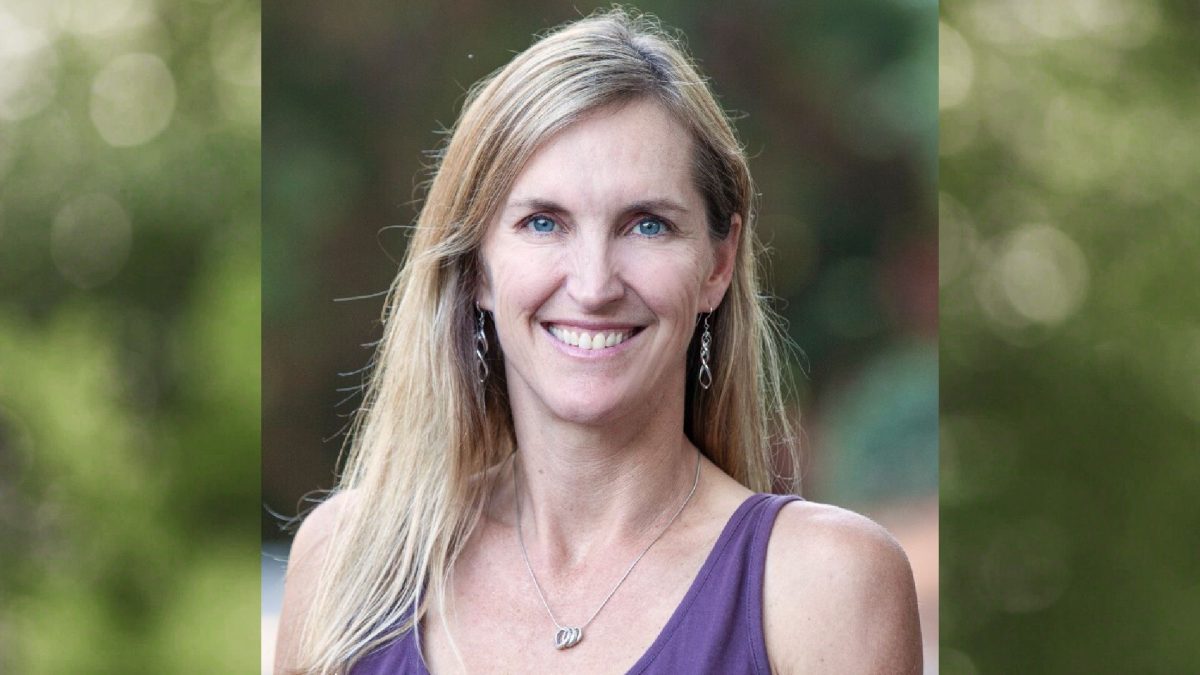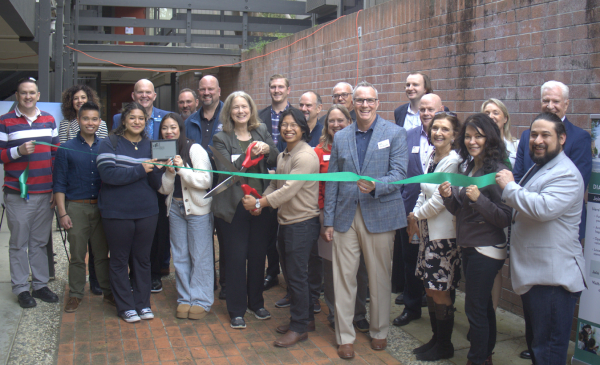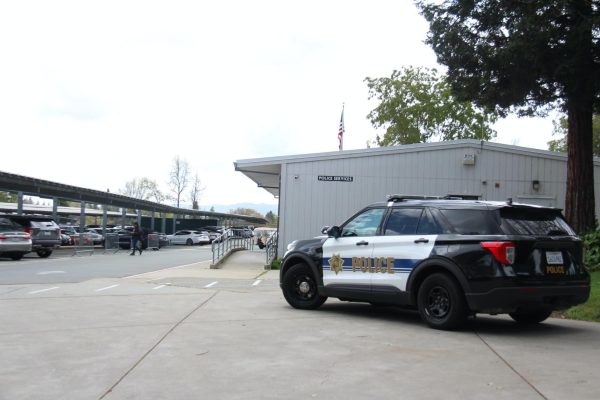Sunaina Maira Opens Up About Surveillance of Arab and Muslim Americans In the Post-9/11 Era
March 10, 2021
In 2010, Yasir Afifi, a 20-year-old Egyptian college student living in Santa Clara, took his car to a local mechanic’s shop for a typical oil change. He soon got a lot more than he bargained for. What unfolded, said Sunaina Maira, Professor of Asian American Studies at University of California, Davis, became “one of the most bizarre cases of surveillance of Muslim American youth” in the post-9/11 era. According to Maira, who headlined the Social Justice Speaker Series at Diablo Valley College several weeks ago, Afifi had noticed something odd under his car while it was on the jacks, and asked the mechanic what it was. The mechanic didn’t know but said it appeared to have been put there recently.
After Afifi asked the mechanic to remove it, he discovered that he had been transporting what he described as a “black cylindrical device battery with a battery pack, connected with a wire to a walkie talkie,” said Maira. It was a tracking device.
“This incident occurred after the Ninth Circuit Court of Appeals ruled that it was legal for law enforcement to place tracking devices in cars without a warrant,” she said. However, the court decision was overturned in 2012 in United States v. Jones, a Supreme Court case that deemed the 2005 arrest of a man named Antoine Jones on drug possession charges was unconstitutional after police illegally attached a tracker to Jones’ car.
When Afifi was asked by an interviewer if he felt whether his status as a Muslim American was the reason he was targeted with surveillance, Afifi responded, “Definitely.” Afifi added that when two FBI agents came to him asking to have the device back, they made him feel like he was a criminal and a terrorist.
Due to the publicity his situation received, Afifi, who was searching for a job at the time, was repeatedly denied employment.
Speaking via Zoom, Maira told listeners that after the terrorist attacks of Sept. 11, 2001, the U.S. government under President George W. Bush started a nationalist campaign called the “War on Terror,” which inflicted years of surveillance and invasions of privacy against Muslim and Arab American communities. The surveillance was based on stereotypes that the people who had carried out the September 11 attacks were Muslim, and therefore other Muslims in America were automatically seen as suspect.
“The domestic war on terror takes place, [with] undercover intelligence and policing that presumably preempt terrorist attacks, so it’s really focused on strategies of entrapment and providing the tools, the plans and sometimes the arms, particularly [to] young Muslim men,” Maira said.
Often, the targets become “those who have mental health issues” and involve “ setting them up for sting operations,” she added. “This is accompanied by surveilling and infiltrating targeted communities, with the help of informants from those same communities.”
Muslim American youth especially became a focus of government wiretapping and surveillance, Maira said. “Young people supposedly have to be monitored, contained, [or] repressed… so the surveillance state constitutes these racial and gender subjects of the nation and those presumably challenging the American way of life.”
In response to years of invasive monitoring, she added, Arab and Muslim Americans along with allies have increasingly opposed the racist targeting of their communities. “Immigrant rights and sanctuary activists are part of the movement that has grown in the Trump era to resist federal agents’ intelligence gathering and policing,” Maira said.
“These forms of resistance help us rethink political strategies and frameworks beyond the parameters of liberal democracy and civil rights, and aim to create a progressive culture of desecuritization.”















































































